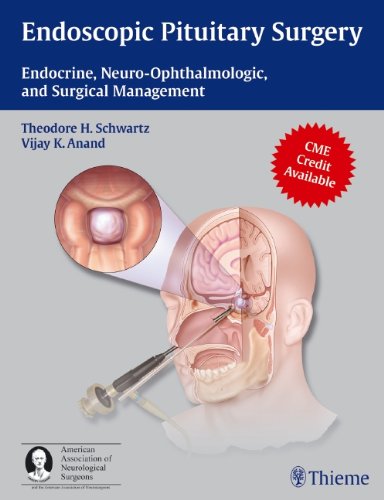

Most ebook files are in PDF format, so you can easily read them using various software such as Foxit Reader or directly on the Google Chrome browser.
Some ebook files are released by publishers in other formats such as .awz, .mobi, .epub, .fb2, etc. You may need to install specific software to read these formats on mobile/PC, such as Calibre.
Please read the tutorial at this link: https://ebookbell.com/faq
We offer FREE conversion to the popular formats you request; however, this may take some time. Therefore, right after payment, please email us, and we will try to provide the service as quickly as possible.
For some exceptional file formats or broken links (if any), please refrain from opening any disputes. Instead, email us first, and we will try to assist within a maximum of 6 hours.
EbookBell Team

4.3
38 reviewsThieme congratulates Theodore H. Schwartz on being chosen by New York magazine for its prestigious Best Doctors 2014 list.
Praise for this book:
This is an unparalleled book on endoscopic pituitary surgery that should be in major neurosurgical, neurological, and medical libraries. -- Doody's Review
Offering the unique dual perspective of neurosurgeons and otolaryngologists, Endoscopic Pituitary Surgery: Endocrine, Neuro-Ophthalmologic and Surgical Management describes both cutting-edge endoscopic techniques and tried-and-true decision-making methodologies that lead to the most successful outcomes. From choosing the right surgical or non-surgical approach for individual patients, to managing complex endocrine and neuro-ophthalmologic issues, this is the first major reference in the field in nearly a decade, making it the go-to guide for all interdisciplinary specialists who treat pituitary tumors.
Special Features:
Enhanced by hundreds of images, decision-making algorithms, and clinical pearls from experts on each tumor type, Endoscopic Pituitary Surgery is a comprehensive guide representing the current palette of available treatment options. It is indispensable for residents in training as well as for practicing neurosurgeons and otolaryngologists who are making the transition to the newest minimally invasive endoscopic procedures in the treatment of pituitary lesions.